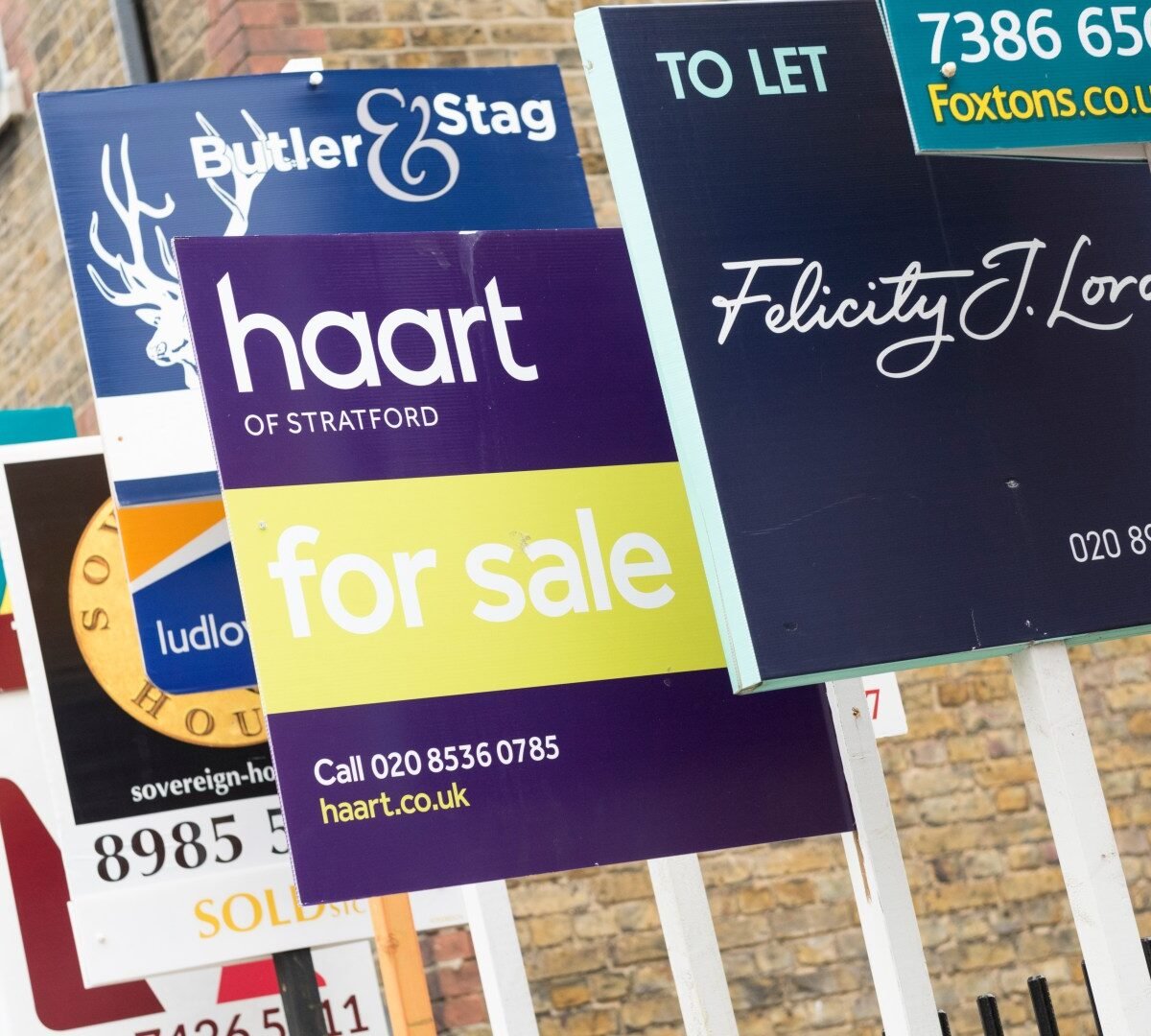RACHEL Reeves’ Spending Review has confirmed the extension of a mortgage scheme aimed at helping first-time buyers with small deposits.
The Mortgage Guarantee Scheme will re-launch permanently in July, according to government documents released today.
The scheme, first introduced in 2021 and initially set to end this month, allows buyers to purchase a home with just a 5% deposit.
It can be used for any property costing up to £600,000.
The government then provides a guarantee to lenders, covering some of their losses if the borrower cannot repay their mortgage and the home is repossessed.
While the current application round ends on 30 June, a new permanent mortgage guarantee scheme will launch in July, aiming to help more young families and renters become homeowners, according to the Spending Review.
The Spending Review also includes:
Since the scheme began, over 53,000 mortgages have been completed using it, with a total value of £10.7billion as of December last year.
This was especially helpful in the early 2020s, right after the pandemic.
At that time, many banks were worried about the economy and were reluctant to offer mortgages to people with small deposits because they feared people might lose their jobs or house prices might fall.
It was tough to get a mortgage if you only had a 5% deposit.
The Mortgage Guarantee Scheme solved this by promising to cover some of the banks’ losses if borrowers couldn’t pay back their loans.
This gave banks the confidence to offer 95% mortgages again.
However, many banks are now offering similar mortgages without relying on government support.
Experts believe the scheme’s future is less significant, as banks are increasingly willing to lend to people with small deposits.
Pete Mugleston, mortgage adviser and managing director at Online Mortgage Advisor, said: “On the one hand, the Mortgage Guarantee Scheme is a useful way of helping first-time buyers get on the property ladder if they don’t have a large deposit
“But, given that a lot of lenders are now offering mortgages with a 5% deposit and lower, the Scheme isn’t as big an issue.”
For example, Skipton Building Society offers a 100% mortgage deal that allows you to buy a home without a deposit.
A similar mortgage deal was recently launched by April Mortgages too.
Accord offers a £5,000 deposit mortgage while other lenders have been slashing their affordability rules.
A word of warning
NO deposit mortgages can open doors for people who wouldn’t be able to get on the housing ladder otherwise.
Experts have generally seen the reintroduction of 100% mortgages as a positive thing and this deal from April Mortgages does have rigid lending criteria.
But it’s important to remember this deal won’t be for everyone and they can be seen as quite controversial home loans.
100% mortgages mean you don’t need a deposit – but it also puts buyers at higher risk of negative equity. This is when your mortgage is more than the total value of your home, which can happen if house prices fall.
If you’re in this position it can make it harder to remortgage, sell your home and get competitive rates from lenders.
Typically they also have higher interest rates, making them more expensive.
The general rule is that the smaller your deposit the higher your monthly mortgage repayments will be.
Therefore because you won’t have a deposit, your monthly repayments are likely to be more expensive compared with someone who did put down a deposit.
You will need to be sure you can keep up with the payments and account for any potential financial shocks.
100% mortgages disappeared after the financial crisis in 2008, as they were seen a contributor to the sub-prime housing bubble and subsequent collapse.
What other schemes are available?
There are other government schemes available for first-time buyers alongside the Mortgage Guarantee Scheme.
It’s important to carefully explore each option, weighing the benefits and potential drawbacks, before making a decision.
Here are some of the available options…
First Homes
First-time buyers can get a home for between 30 to 50% less than its market value through the First Homes scheme.
You can buy a new build home from a developer or a property from someone who’s used the scheme before and is now selling.
The scheme is only available in England and you’ll have to be 18 or older to qualify.
Your total household income must be £80,000 or less, or £90,000 in London.
You’ll also need to be able to get a mortgage for at least half the price of the home.
Shared ownership
If you can’t afford all of the deposit and mortgage payments for a home that meets your needs, you could consider shared ownership.
This is when you buy a share of the property and pay rent to a landlord on the rest.
You’ll also likely need to pay a service charge to maintain common areas shared between you and your neighbours.
Buyers can usually get a share of between 10 and 75% of the home’s full value.
You can buy more of the home later on in a process called staircasing.
However, some people who have used shared ownership have struggled to buy bigger portions of their homes due to being forced to pay increasing rents and service charges.
Lifetime ISA
People struggling to save for a deposit can get extra help from the Government by saving into a Lifetime ISA (LISA).
You can save up to £4,000 a year into it and the Government will give you a free bonus worth 25% of whatever you save.
You have to be between 18 and 39 to open a LISA and you can pay in and get the bonus until you’re 50.
It’s worth knowing that if you withdraw your money before you’re 60, it must be spent on buying your first home.
If you withdraw it for any other reason you’ll lose your bonus and also effectively pay a 6.25% penalty – so you’ll end up with less than you put in.
You should also be aware that you can only use a LISA on homes worth up to £450,000.
Right to Buy
This scheme was brought in during the 1980s and allows most council tenants the right to buy their council house at a discount.
There are different rules for Wales, Scotland and Northern Ireland.
You can make a joint application with up to three family members who have lived with you for the past 12 months.
If you rent from a Housing Association you may also have the right to buy it at a discount under the Government’s Right to Acquire Scheme.
Deposit Unlock
This lets you buy a new build home from any developer registered with the scheme as long as you have a 5% deposit.
The scheme is available to both first-time buyers and home movers.
It’s available on new-build homes up to the price of £833,250.
Deposit Unlock is currently available with participating lenders including Nationwide and Accord Mortgages.
How to get the best deal on your mortgage
IF you’re looking for a traditional type of mortgage, getting the best rates depends entirely on what’s available at any given time.
There are several ways to land the best deal.
Usually the larger the deposit you have the lower the rate you can get.
If you’re remortgaging and your loan-to-value ratio (LTV) has changed, you’ll get access to better rates than before.
Your LTV will go down if your outstanding mortgage is lower and/or your home’s value is higher.
A change to your credit score or a better salary could also help you access better rates.
And if you’re nearing the end of a fixed deal soon it’s worth looking for new deals now.
You can lock in current deals sometimes up to six months before your current deal ends.
Leaving a fixed deal early will usually come with an early exit fee, so you want to avoid this extra cost.
But depending on the cost and how much you could save by switching versus sticking, it could be worth paying to leave the deal – but compare the costs first.
To find the best deal use a mortgage comparison tool to see what’s available.
You can also go to a mortgage broker who can compare a much larger range of deals for you.
Some will charge an extra fee but there are plenty who give advice for free and get paid only on commission from the lender.
You’ll also need to factor in fees for the mortgage, though some have no fees at all.
You can add the fee – sometimes more than £1,000 – to the cost of the mortgage, but be aware that means you’ll pay interest on it and so will cost more in the long term.
You can use a mortgage calculator to see how much you could borrow.
Remember you’ll have to pass the lender’s strict eligibility criteria too, which will include affordability checks and looking at your credit file.
You may also need to provide documents such as utility bills, proof of benefits, your last three month’s payslips, passports and bank statements.






